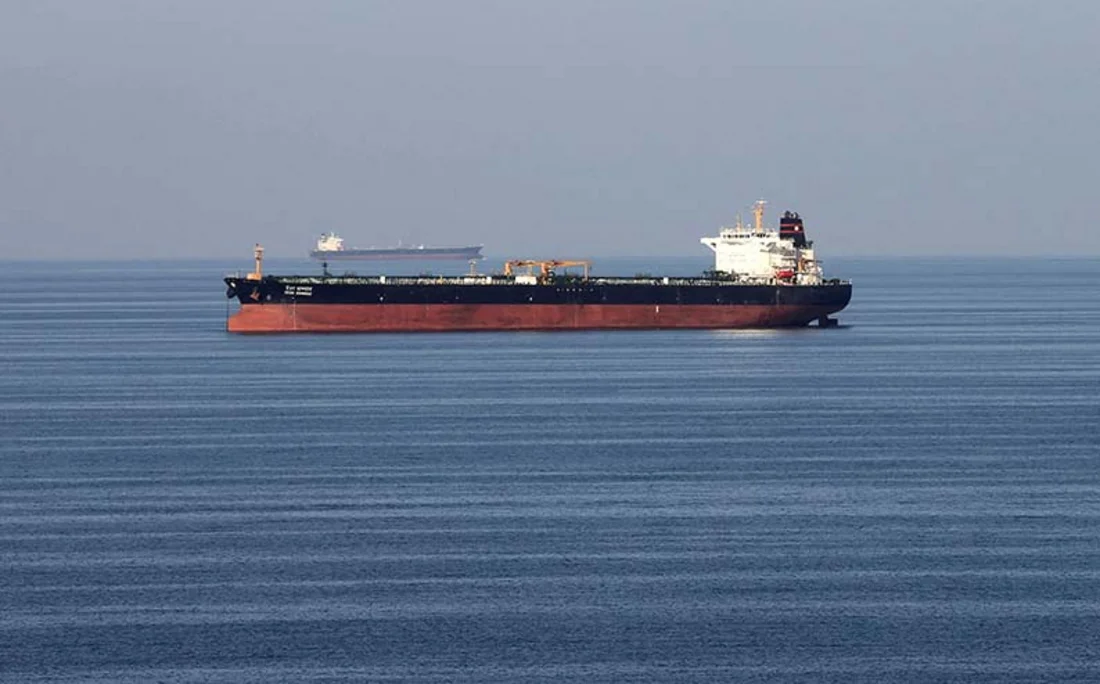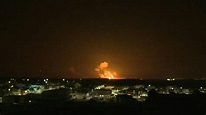Featured
article
- Get link
- X
- Other Apps
U.S. Urges China to Dissuade Iran from Closing Vital Oil Chokepoint

In a high-stakes diplomatic appeal, U.S. Secretary of State Marco Rubio has called on China to intervene and prevent Iran from executing a plan to close the Strait of Hormuz—a critical maritime passage through which nearly 20% of the world’s oil supply flows.
The request follows reports that Iran’s parliament approved a measure to shut the strait in response to recent U.S. airstrikes on Iranian nuclear facilities. While the final decision rests with Iran’s Supreme National Security Council, the move has already rattled global markets and raised fears of a broader conflict.
Rubio emphasized China’s leverage, noting its heavy reliance on Iranian oil. “If they do that, it will be another terrible mistake. It’s economic suicide for them,” he said, urging Beijing to use its influence to de-escalate the situation.
The European Union echoed these concerns, warning that any disruption in the Strait would be “extremely dangerous and not good for anybody”.
As tensions mount, the world watches closely—aware that a single decision in the Persian Gulf could ripple across global energy markets and geopolitical alliances.
Popular Posts
Trump's Six Words: "I'm Going to Stop the Wars"
- Get link
- X
- Other Apps
Midnight Blast Shakes Gaza Skyline Amid Rising Tensions
- Get link
- X
- Other Apps



Comments
Post a Comment